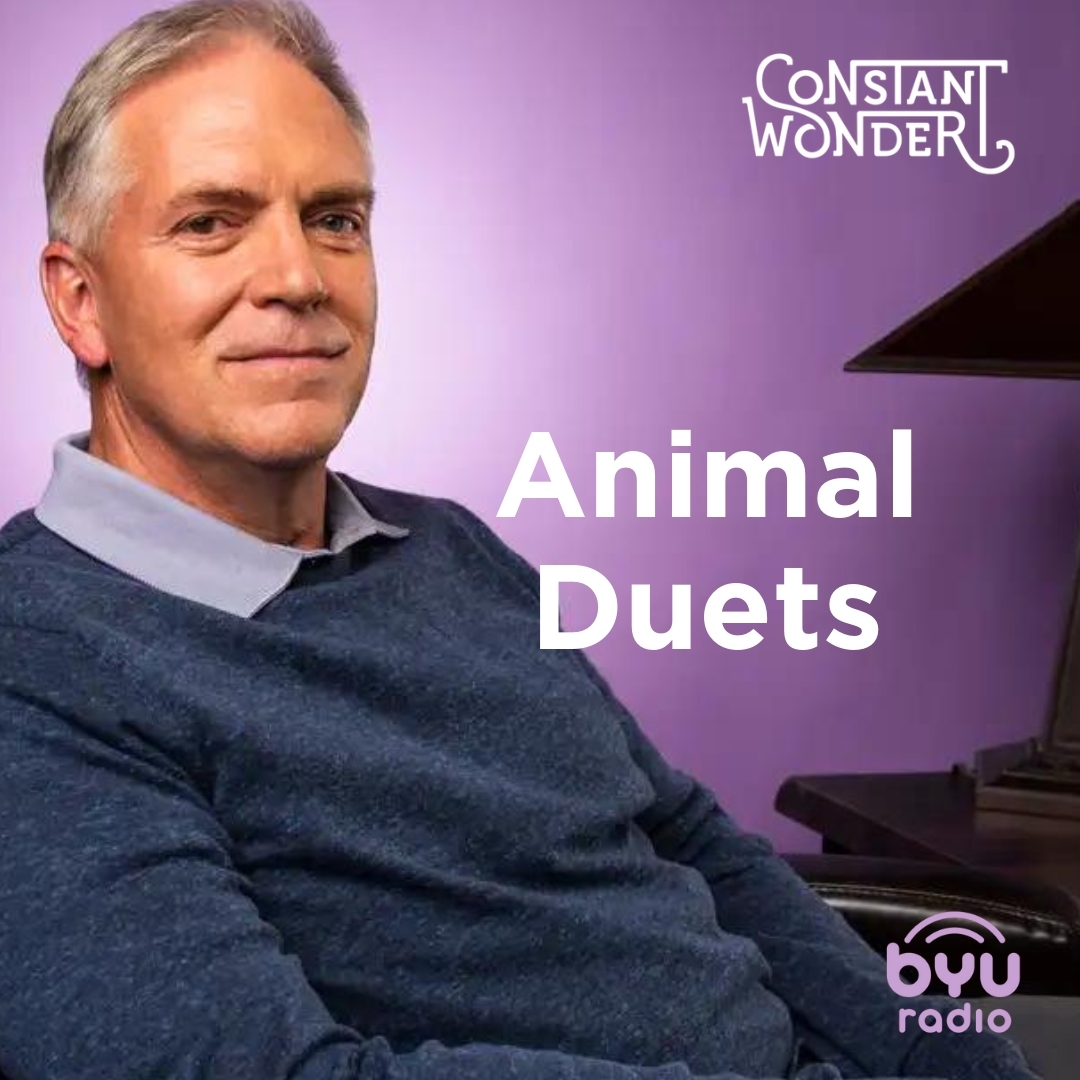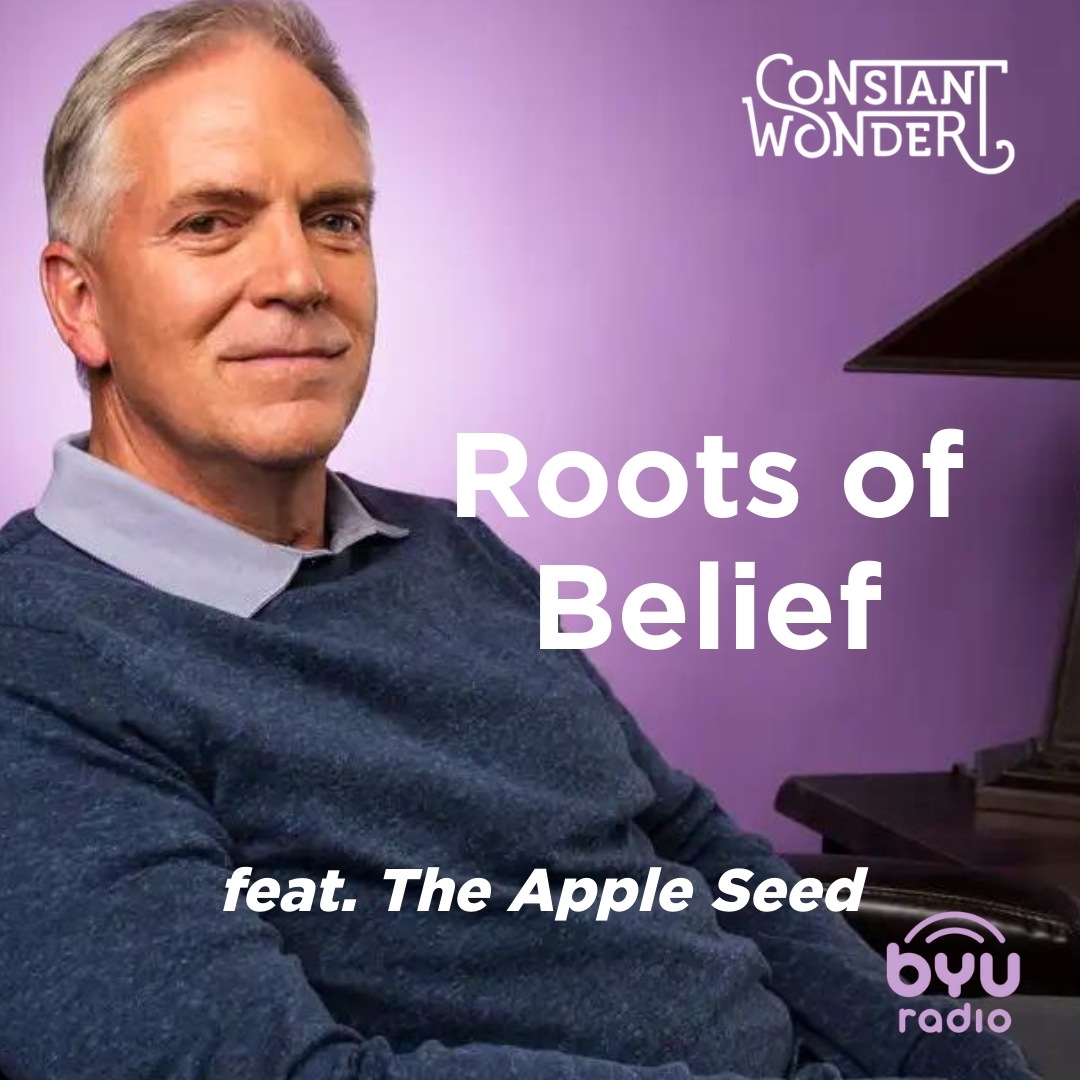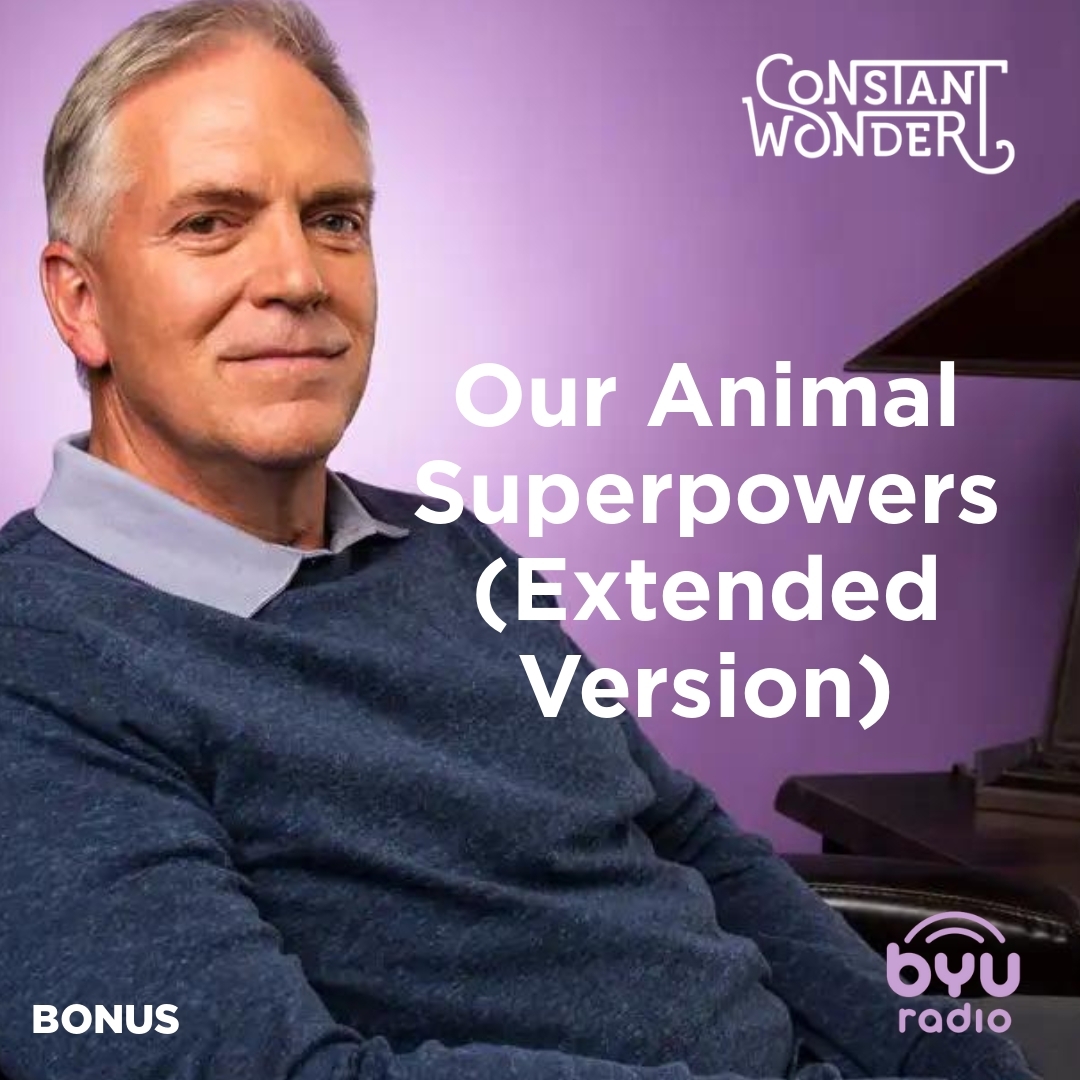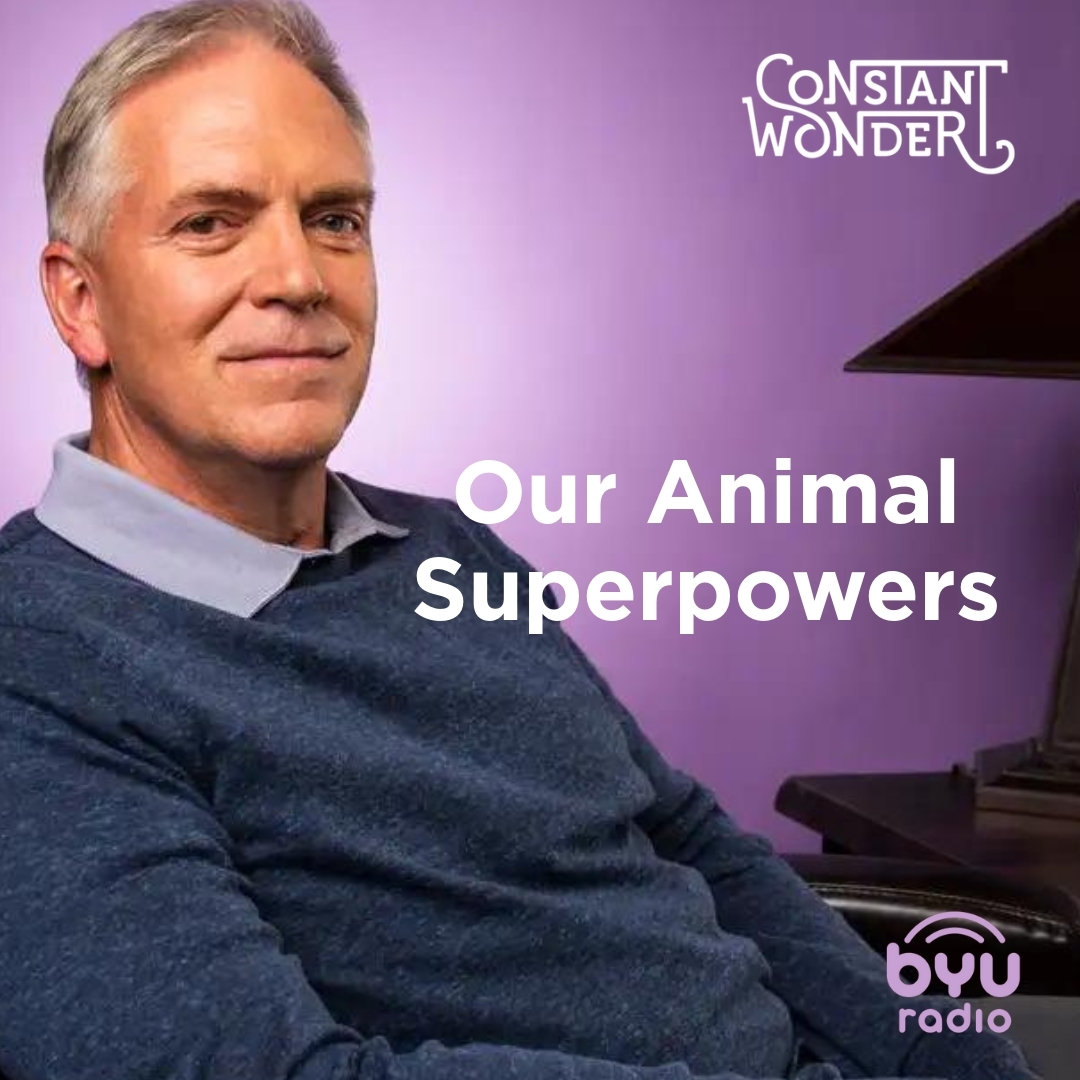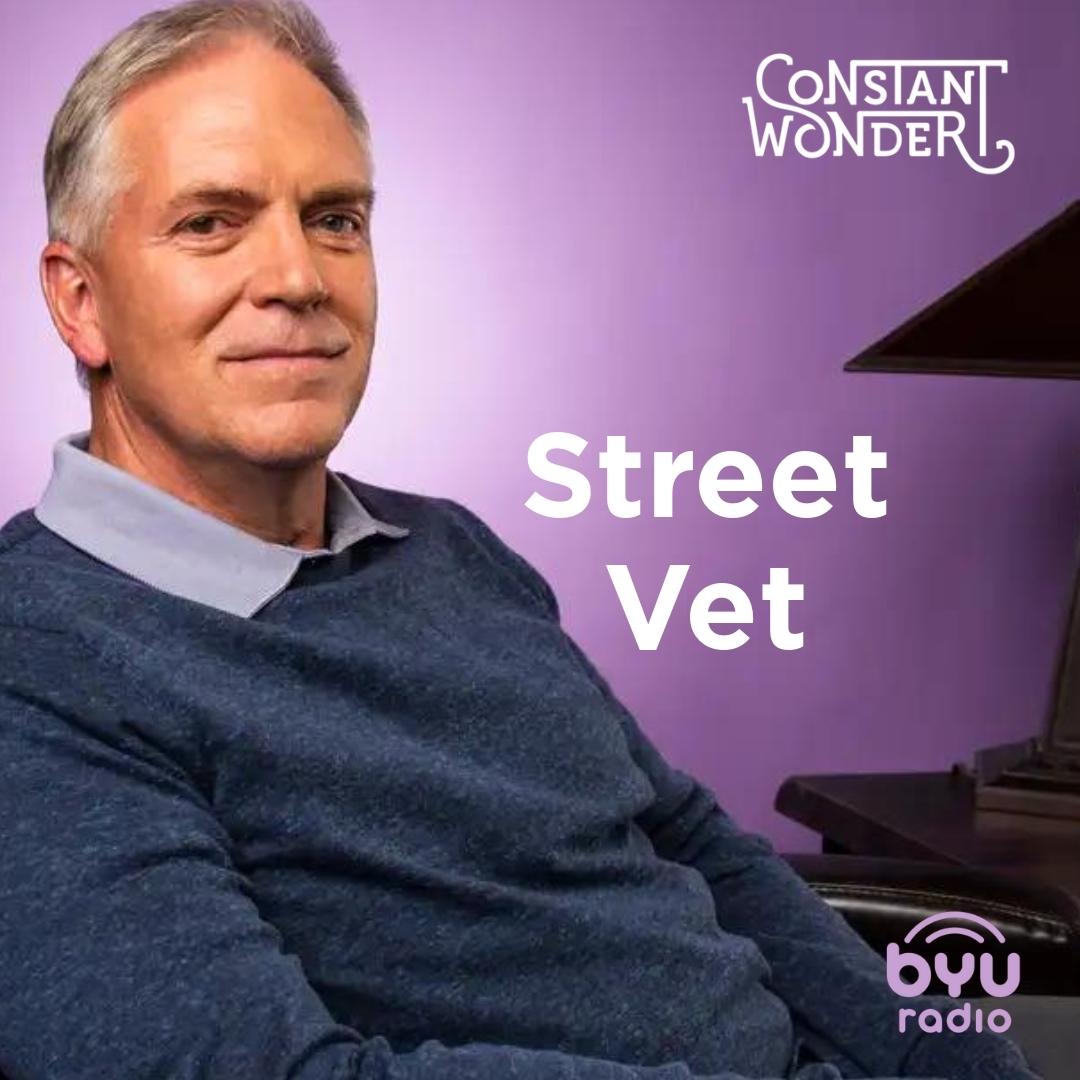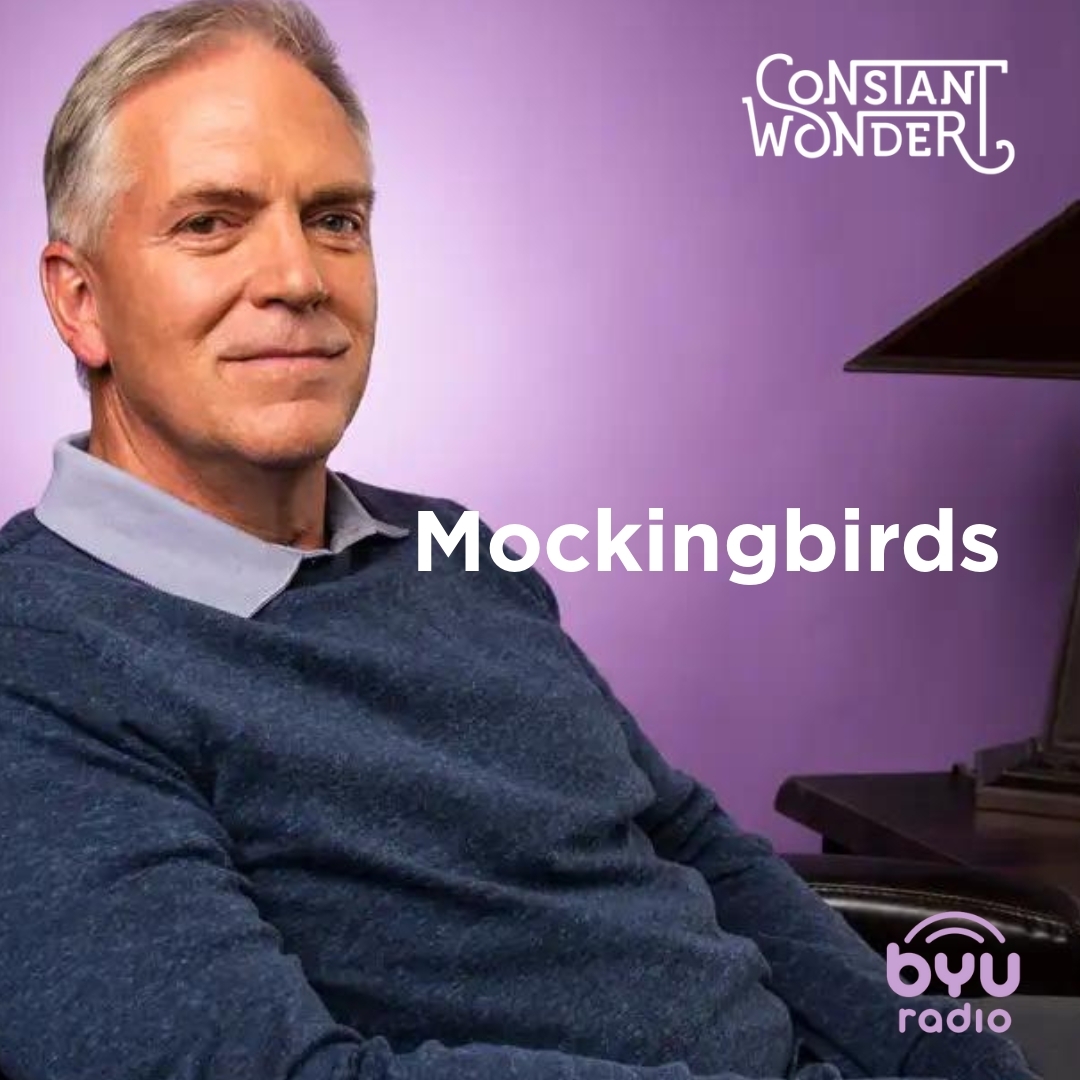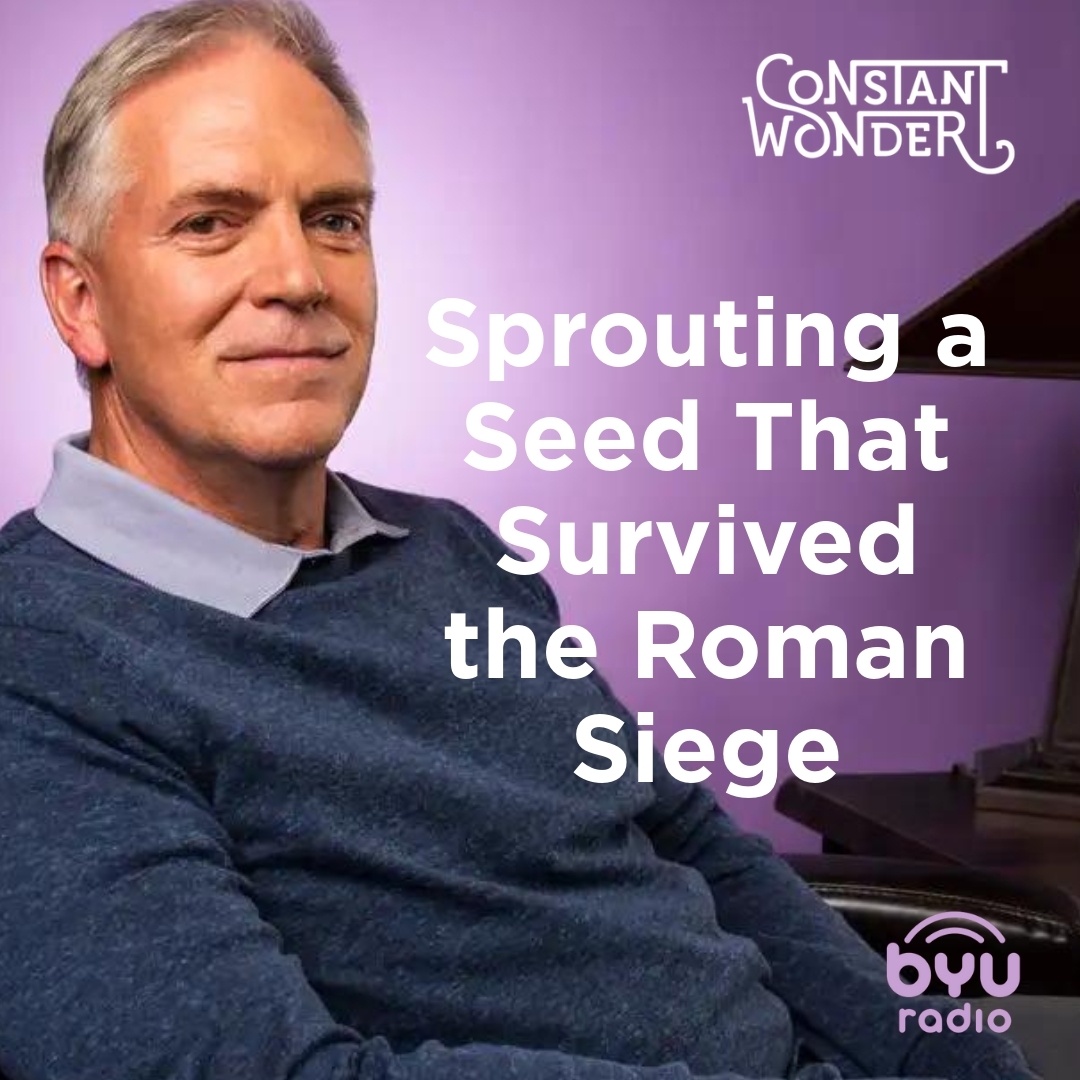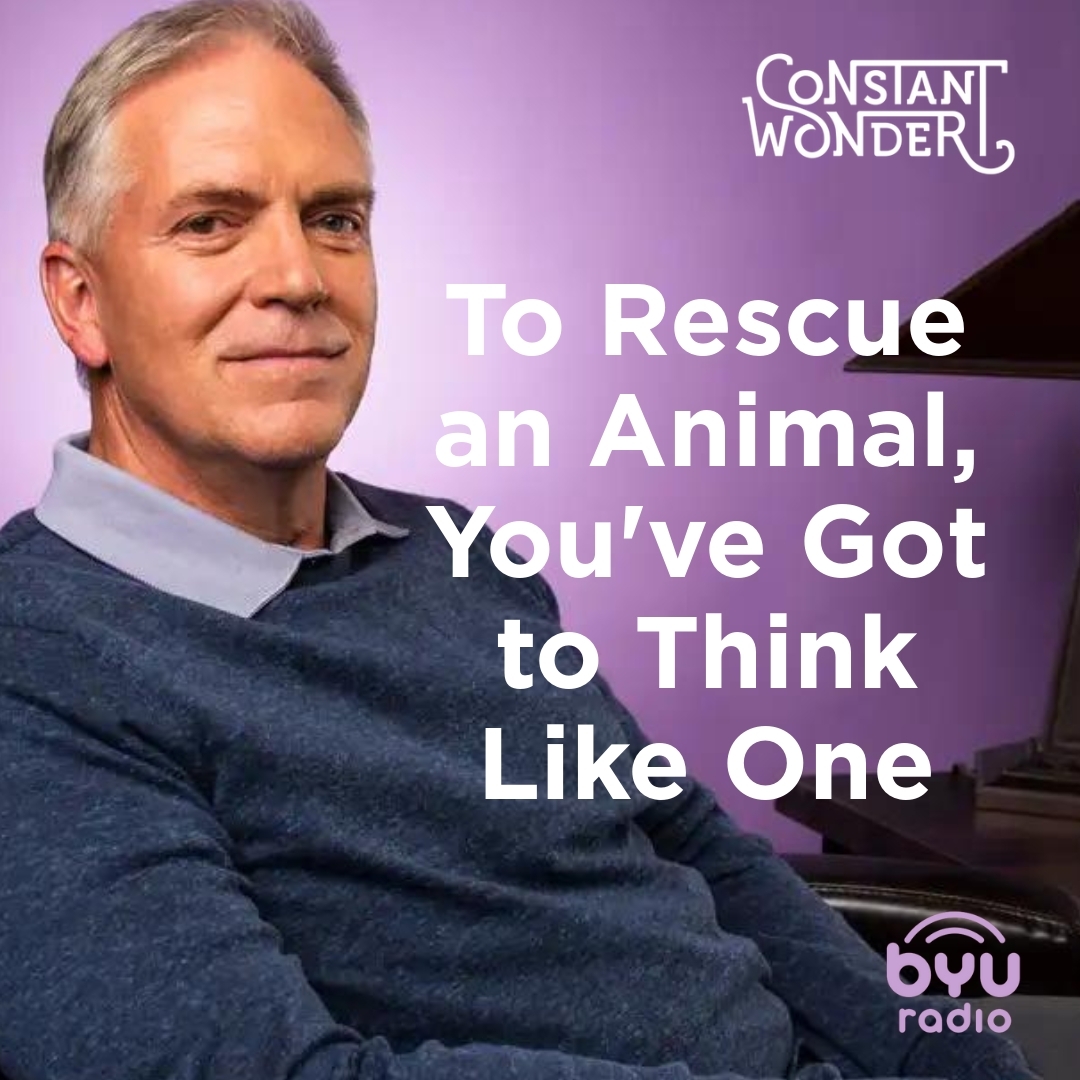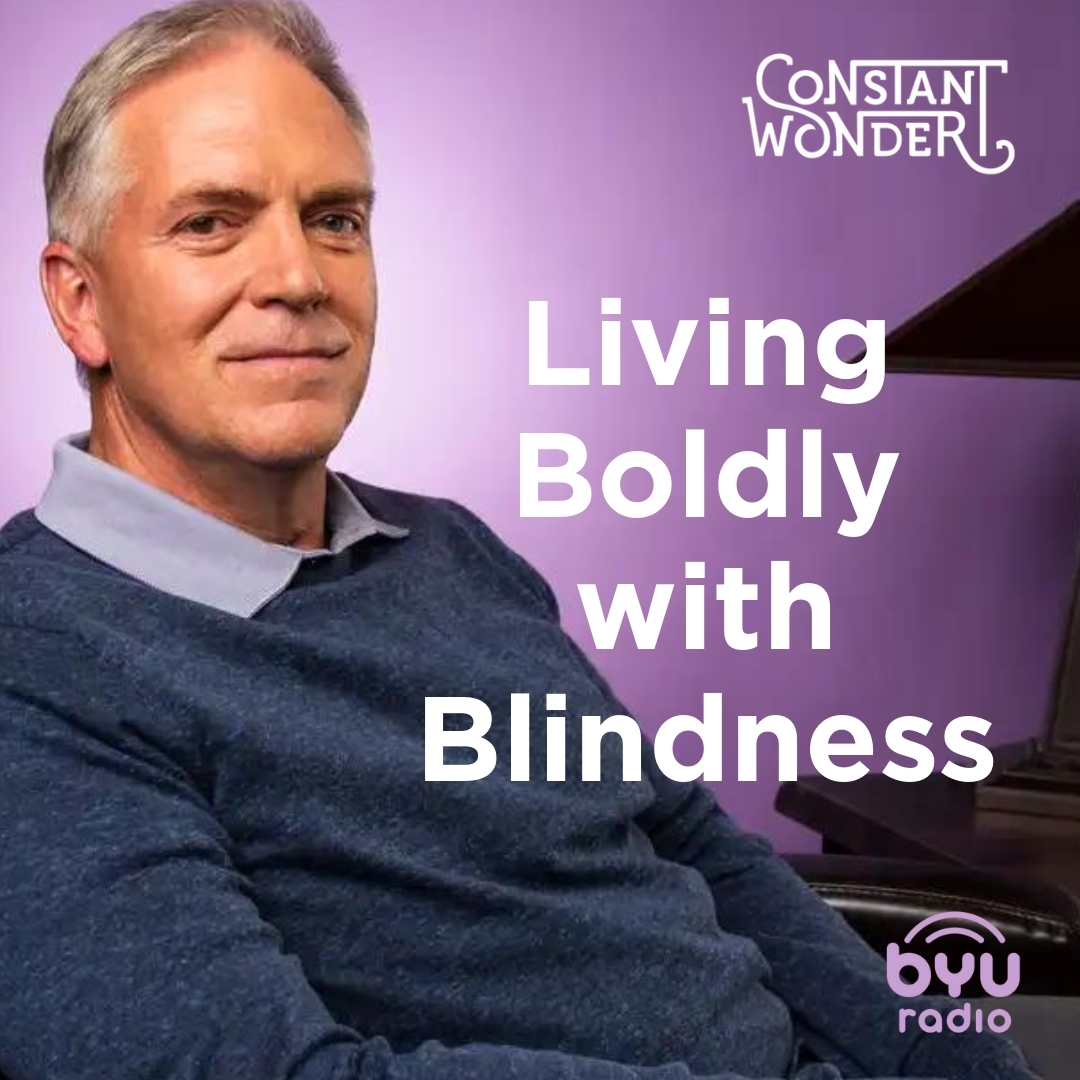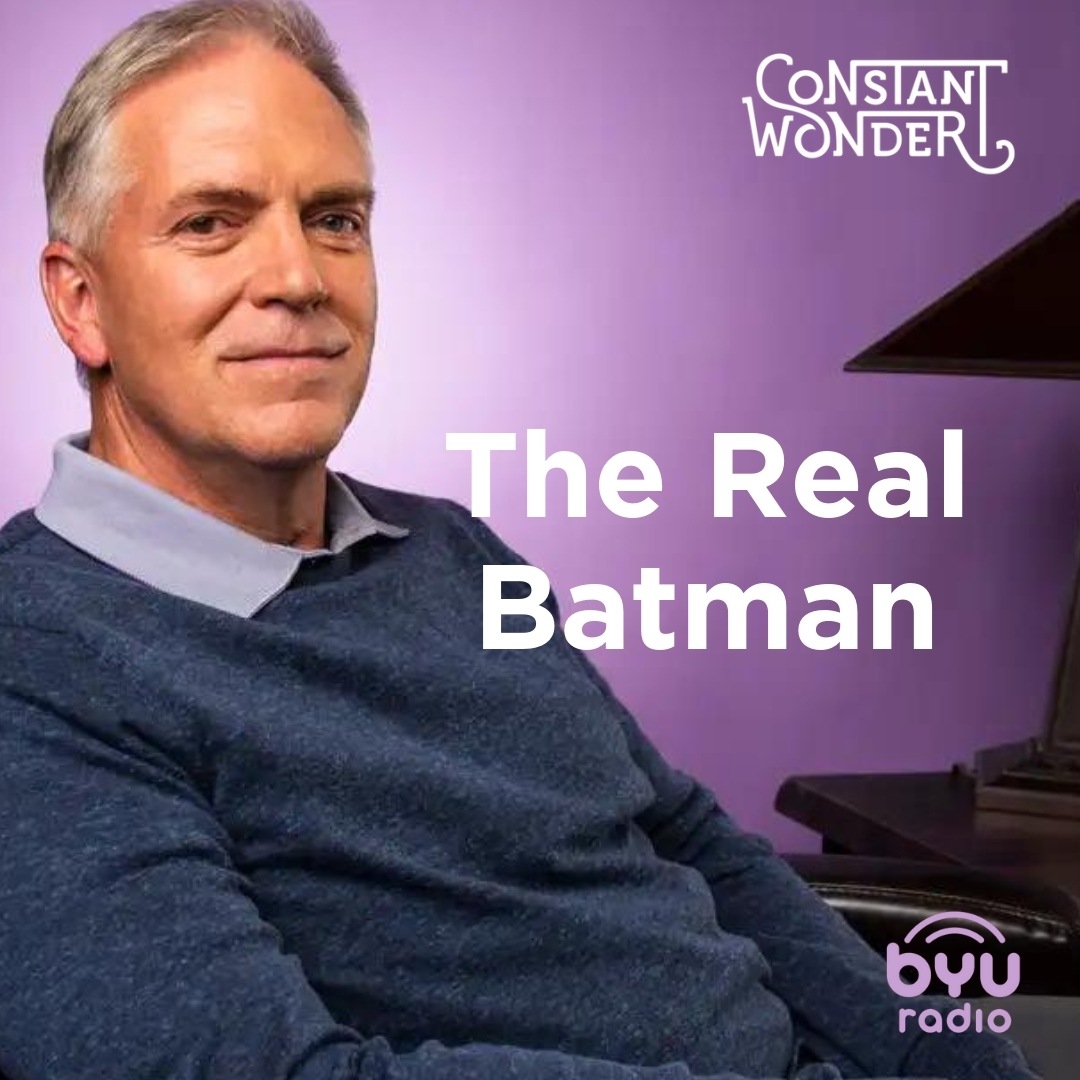Stay in tune with our phenomenal world. Join us for explorations of science, art, history, and more. We’re on a quest to find awe and wonder in all nature—human or wild, vast or small. Encounters that move us beyond words. Hosted by Marcus Smith, Constant Wonder is a production of BYUradio.
Clarinet duets with laughing thrushes, nightingales, whales and cicadas. Philosopher and ornithologist David Rothenberg poses the question: do birds make music, or do they just make sounds to defend a territory or attract a mate? We also talk to a zoomusicologist in Scotland, and we listen to a trio of two oboes and a dog.
Constant Wonder is giving listeners a sneak peak of another BYUradio show, The Apple Seed. In this episode, a musician and a couple of actors take unlikely approaches to sharing scripture.
Extended version of our conversation with Jackie Higgins.
Meet the crustacean that packs the biggest punch in the animal kingdom and the river-dweller that could be called a "swimming tongue." We investigate animal superpowers to celebrate what marvels our fellow creatures are, and also to remind ourselves of our own often-neglected senses.
He walked the streets in secret, a veterinarian in his off-hours, looking to help the pets of the homeless. Now his work in the subject of the tv show "Street Vet." He describes how his work has changed the lives of both pets and their owners. And his own.
Darwin hated peacocks because he couldn't explain their excess beauty. He likely would have hated mockingbirds for the excessive complexity of their songs. Where many birds are content with a few simple chirps, mockingbirds learn hundreds of sounds from other birds and animals and mix them together using sophisticated musical techniques, the kind human musicians often employ.
This seed could symbolize the resilience of an entire people. Atop a lonely desert fortress near the Dead Sea, a Judean date seed lay inert for over 2,000 years. We talk to the scientists who brought that tree to life, named it Methusaleh, and rejuvenated an extinct species.
Giraffe's don't like to swim, so how do you get them off an island that's flooding? How do keepers feed a violent, orphaned baby elephant that's been traumatized by humans? The answer is to think like an animal. Meet some empathetic rescuers who had to get creative to save the animals in their care. But their efforts paid off, and, turns out, the humans' lives were better for it, too.
When Daniel Kish was a toddler, he got around. One night he climbed out of his window and made his way over multiple chain link fences, but the neighbors knew who he was. "All the neighbors knew who the blind kid belonged to," he says. As a kid, Daniel climbed trees, rode bikes, and swam in pools. Today he is one of the world's leaders in human echolocation and does pretty much whatever he wants. And he's teaching younger generations to do the same. Part 2 of 2.
Daniel Kish is blind and he navigates the world kind of like a bat—making clicking sounds with his mouth and, from the echoes he gets back, building a picture of the world he's moving through. "The sonic environment is incredibly alive," says Kish, who lost his eyes to cancer when he was barely one year old. He doesn't just get around. He reveals in the physical beauty of the world.

